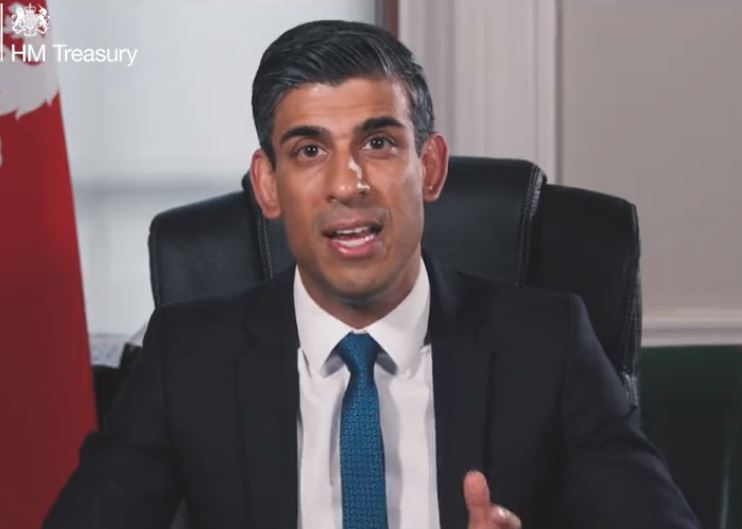The UK will have the weakest economic growth of all developed countries – except sanction hit Russia – next year, according to a new report by the OECD.
Despite Boris Johnson claims about the UK economy, the organisation for Economic Co-operation and Development (OECD) predicts a dire 2023 for Britain with no gross domestic product growth.
The UK economy will grow by 3.6% this year before stagnating in 2023 and posting zero growth, according to the OECD – while inflation is set to average 8.8% this year and fall back only slightly in 2023 to 7.4%.
It is the worst outcome given to any of the world’s biggest economies given by the OECD in its latest comprehensive forecast for the international economy. It also marks a sharp turnaround from predictions made just six months ago which had forecasted 4.7% growth for the UK economy this year and 2.1% next year. Furthermore, the UK will slip from the second-fastest-growing G7 economy (made up of the US, Germany, France, Japan, the UK, Italy and Canada) in 2022, to the slowest growing next year.
OECD advises Sunak to cut taxes to support growth
“The world is set to pay a hefty price for Russia’s war against Ukraine,” states the OECD report while predicting global inflation is set “to reach levels not seen since the 1970s”. While the OECD forecast global inflation will contract in 2023, it adds that “the UK economy is susceptible to economic spill-over effects from Russia’s invasion into Ukraine through rising energy prices and supply chain disruptions.”
The OECD has advised the chancellor of the exchequer Rishi Sunak to “consider slowing fiscal consolidation to support growth” – which means cutting taxes in order to stimulate the economy by boosting consumer spending, or increase treasury spending.
The UK’s “fiscal stance” – considering the impact of the Johnson government’s tax and spend policies – remains “contractionary”, the OECD concludes.
Since Johnson has become PM the UK tax burden has grown to its highest levels in 70 years and Sunak is under increasing pressure to cut taxes.
Despite after Sunak’s introduction of a windfall tax on energy companies to help with the cost of living crisis, the impact of inflation on wealthy and poorer households will be felt higher in the UK than most of the other OECD member nations, their report says,
In its introduction, OECD chief economist and deputy general secretary Laurence Boone writes: “The extent to which growth will be lower and inflation higher will depend on how the war [in Ukraine] evolves, but it is clear the poorest will be hit hardest. The price of this war is high and will need to be shared.”
A spokesperson for the UK Treasury, responding to the OECD report, said: “Thanks to the support we provided during the pandemic, the UK had the fastest growth in the G7 last year, and our unemployment rate is the lowest it’s been in nearly 50 years – but we recognise many people will be concerned by these forecasts.
“While we can’t insulate the UK from global pressures entirely, our economy is in a strong position to deal with these challenges. We have a plan for growth, and we are supporting people with the cost of living.”




